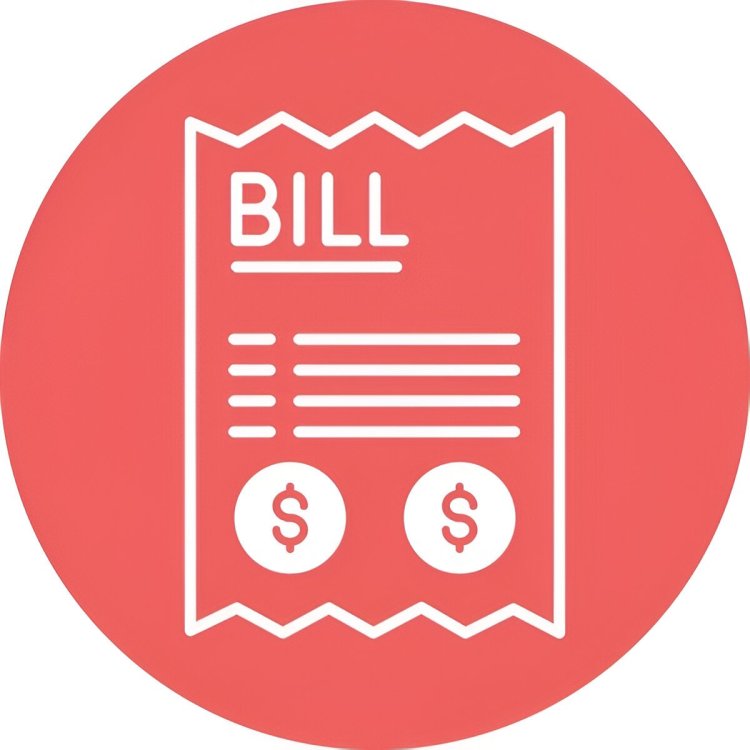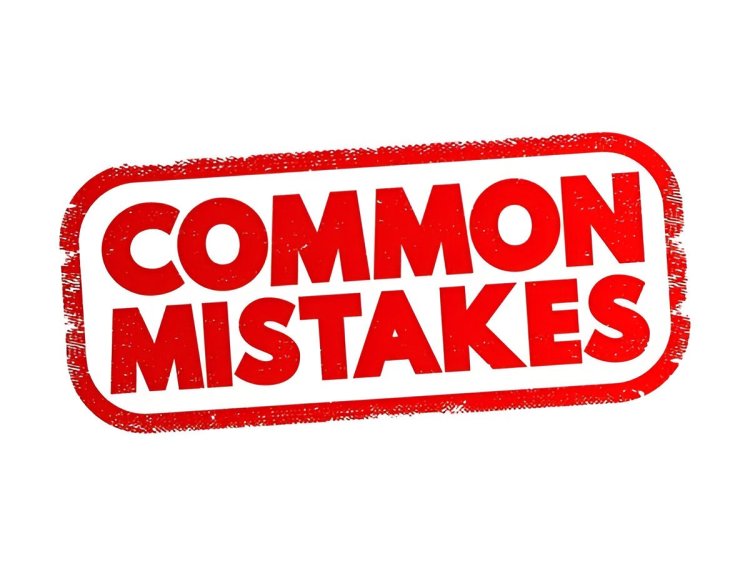Medical Billing Modifiers: Usage & Best Practices
Learn when and how to use medical billing modifiers like 24, 25, and 59 to reduce claim denials, boost reimbursements, and stay coding compliant.

Modifiers are an important part of a coding kit. A lot of times, billers reject the modifiers and suffer from errors in the claims. Medical billing modifiers are two-digit codes that are added with CPT and HCPCS codes. They clarify the services provided to the patients and increase reimbursement rates. For practices looking to enhance coding accuracy and reduce claim denials, SysMD’s Medical Coding Services offer expert support in correctly applying modifiers and maintaining compliance.
As we know the clearer are the claims, the faster the speed of payments for the hospitals. That is why, do not neglect these procedure codes in your billing practices. In the journey of complex coding, “how to use medical billing modifiers” is an important question.
What is a modifier in medical billing? We will answer this question in detail in this blog post. We will also discuss commonly used code modifiers in medical billing.
What is a Modifier in Medical Billing?

In simple terms, a modifier is a two-character code that is assigned with a service to indicate that it has been altered without changing its core definition. These code modifiers tell payers that the service has been modified in some way—such as being more complex, performed multiple times, or separated from another service on the same day.
For example, a physician performs a wound debridement and a separate E/M visit on the same day. The E/M code would need a Modifier 25 to show that it is a separately identifiable service.
For example, a follow-up E/M visit that is not related to a recent surgery will need a Modifier 24 to show it's unrelated to the surgery.
Accurate modifier use is just one part of effective revenue cycle management—SysMD provides end-to-end medical billing solutions to help practices streamline operations and boost reimbursements.
Role of Modifiers
All the modifiers have different purposes. Generally, they help streamline billing tasks and make coding easier.
Provide Additional Information
As we discussed above, every modifier has a specific purpose. CPT modifiers separate one service from the other so that it can be proved that a physician provides two different services. No doubt, two services will be separated with two different codes, but these modifiers provide additional information related to the codes.
Prevent Claim Rejections
All the payers and insurance companies encourage the use of modifiers where it is compulsory. When billers do not add modifiers, payers cannot differentiate the services. Ultimately, they reject the claims and late the reimbursement to healthcare providers.
Commonly Used Modifiers in Medical Billing

The CPT modifier list is a long list that includes many numberless modifiers. These are used in different conditions but under specific circumstances.
Some commonly used medical billing modifiers are as follows:
Modifier 24
Medical billers use Modifier 24 when a patient receives an evaluation and management service, and this service is not related to a recent surgery within the 90-day global period. A physician will provide both services separately, so he will be reimbursed separately.
For example, a patient has knee surgery and returns during the global period with a chest infection. The chest-related E/M visit should include Modifier 24.
Modifier 25
This modifier looks like modifier 24 because both E/M services are related. Billers use this modifier when a patient gets an E/M service on the same day as another procedure, but it is separate from that procedure. The second service is also important to provide according to the condition of the patient.
For example, a patient visits for a routine blood pressure check (E/M), and the physician also removes a skin tag. Add Modifier 25 to the E/M code to prove both services.
Modifier 59
What is a modifier in medical billing? For this, you should understand the use of modifier 59. This modifier is used when two services are performed at the same time but at different body parts of the patient.
For example, two surgeons perform different surgeries on two different body parts during the same session. Add modifier 59 for the payment of both surgeons.
Other Useful Modifiers
· Modifier 26: Professional component of a service.
· Modifier 51: Multiple procedures in a single session.
· Modifier 76: Repeat procedure by the same provider.
What is a 25-modifier in medical billing?
Understanding what a 25 modifier is in medical billing is important. Usually, billers misuse this code which leads to coding audits and payer scrutiny.
Proper Use Cases
· The E/M service was medically important and unrelated to the minor procedure performed the same day.
· The documentation separates the E/M service from the procedure.
Incorrect Use Cases
· The addition of Modifier 25 in the claim when the E/M visit is just a prelude to the procedure.
· No separate documentation for the E/M service.
What is a 24-modifier in medical billing?
As we discussed above, modifier 24 is used when E/M is not related to the surgery performed on the patient. Remember, the same physician provides both services, but payers will pay separately for two services.
What is a 24 modifier in medical billing? In short, when you do not put this modifier in the appropriate condition, billers will not pay for two services to the physician.
Key Guidelines:
For proper reimbursement, you can follow these guidelines in your practice.
· The diagnosis must support the unrelated condition.
· The documentation should separate this visit from the post-op care.
· Avoid using Modifier 24 if the service is even remotely related to the procedure.
What is a 59 modifier in medical billing?
Modifier 59 is an important and commonly used modifier in clinics. It also causes much confusion among billers and payers because of its nature. It is used when different procedures or services are performed by different surgeons.
Correct Usage
Modifier 59 billing rules for using correctly in the bills and claims are as follows:
· The modifier is applicable when services should be performed on different anatomic sites of a patient.
· It also includes the procedures that occur in separate sessions.
· Services performed by different providers in the same group on the same day.
Common Errors:
Many billers neglect best practices for modifier 59 and face many challenges in their billing systems. Some common errors in modifier 59 billing rules are as follows:
· Using Modifier 59 to unbundle services that should be grouped.
· Failing to follow medical requirements or documentation standards in the claims
Avoiding Common Mistakes When Using Modifiers

Regular billing mistakes can cause claim denials and audits. It ultimately leads to financial stress and revenue loss. That is why, you should avoid these errors while using modifiers:
Know When to Use a Modifier
Verify that the services match the conditions of the modifier. Then, assign the correct modifier. Further, add the supporting documents to justify the use of the modifier.
Avoid overusing Modifiers
Do not overuse modifiers. Usually, billers use modifiers like 25 and 59 in those conditions where they are not needed. It can lead to audit flags and payment recoupment.
Improper Documentation
If it’s not in the chart, it doesn’t exist. That is why, insurance companies demand accurate documentation that supports billing adjustment. Insurance companies reject those claims that lack proper documents.
Conclusion
What is a modifier in medical billing? Shortly, modifiers are essential tools in the coder's toolkit. They help with full and fair reimbursement for services rendered. However, their importance comes with a demand for accuracy, understanding, and clarity. Healthcare providers and medical coders can reduce denials, speed up payments, and stay compliant in a constantly evolving industry by mastering modifier rules in billing.
What's Your Reaction?
















.jpg)
